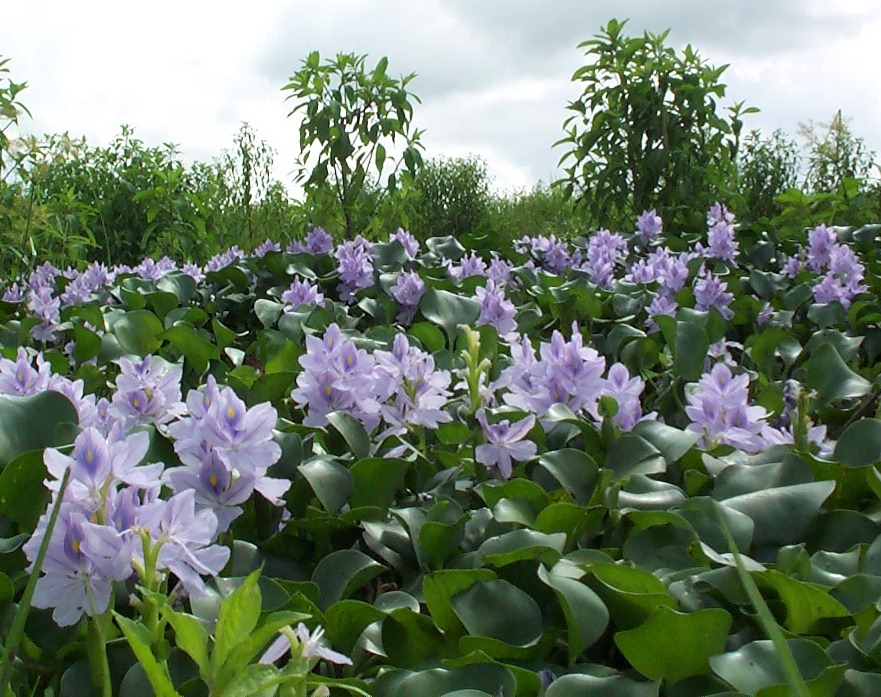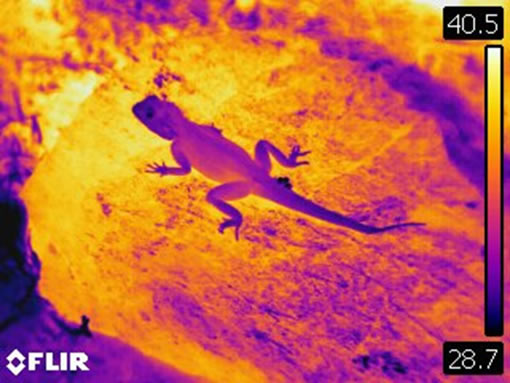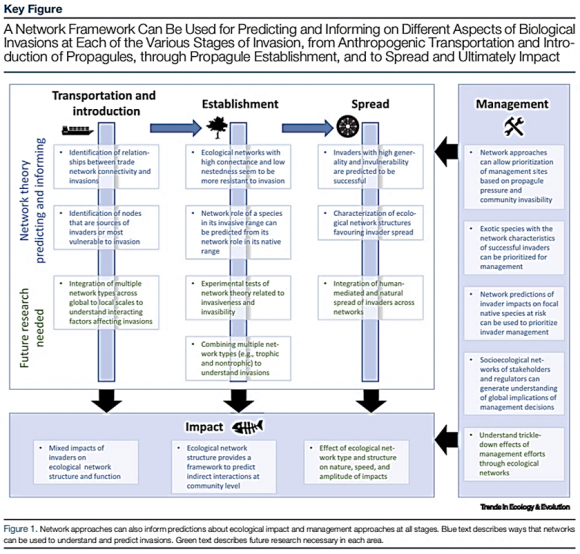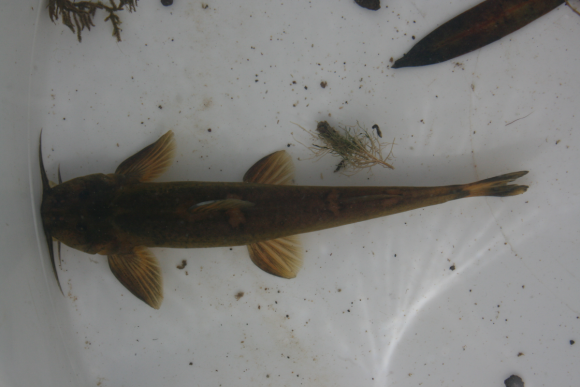Researchers at the Centre for Invasion Biology (C·I·B) are among the contributors to a new academic textbook that examines what will happen to invasive species with current and expected man-made climate change. The book, entitled “Invasive Species and Global Climate Change” describes the distribution, success, spread and impact of invasive species for a series of case studies from countries around the globe.
C·I·B researchers and research associates authored a chapter that highlights the current status of invasions in South Africa and discusses some of the direct and indirect effects that climate change is likely to have on these invasions.
South Africa has a long history of introductions of species from all major taxonomic groups. Close to 9000 alien terrestrial plant species have been introduced, and all of the country’s biomes have already been invaded. Besides terrestrial plants, numerous animals have also invaded the country’s landscapes. South Africa’s freshwater ecosystems have been invaded by both alien as well as extralimital species (indigenous species outside their historical area of occurrence). The status of invasions in the marine environment is poorly studied, and predictions about the impacts of climate change remain largely speculative.
Invasive species are threatening South African ecosystems in many ways, but the effect of climate change on these invasions is predicted to be complex and cascading, and remains poorly understood. The relationship between climate and the biology of invasive species is well-known and there is no question that climate change will influence the ecology of invasive species. If left unmanaged, these effects are expected to increase considerably.
For more information about the book and to order a copy, visit




